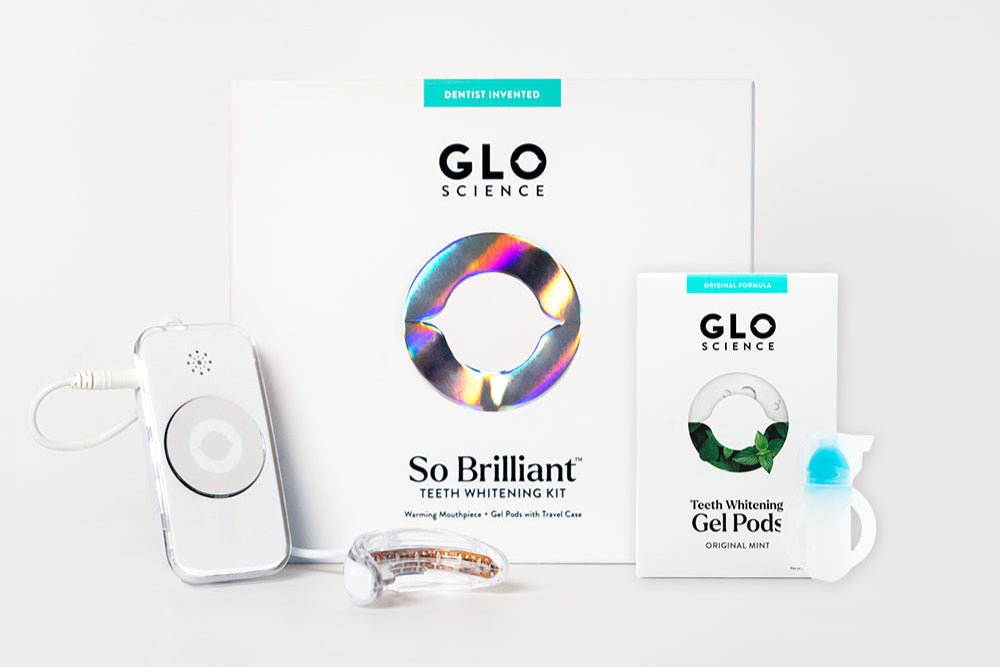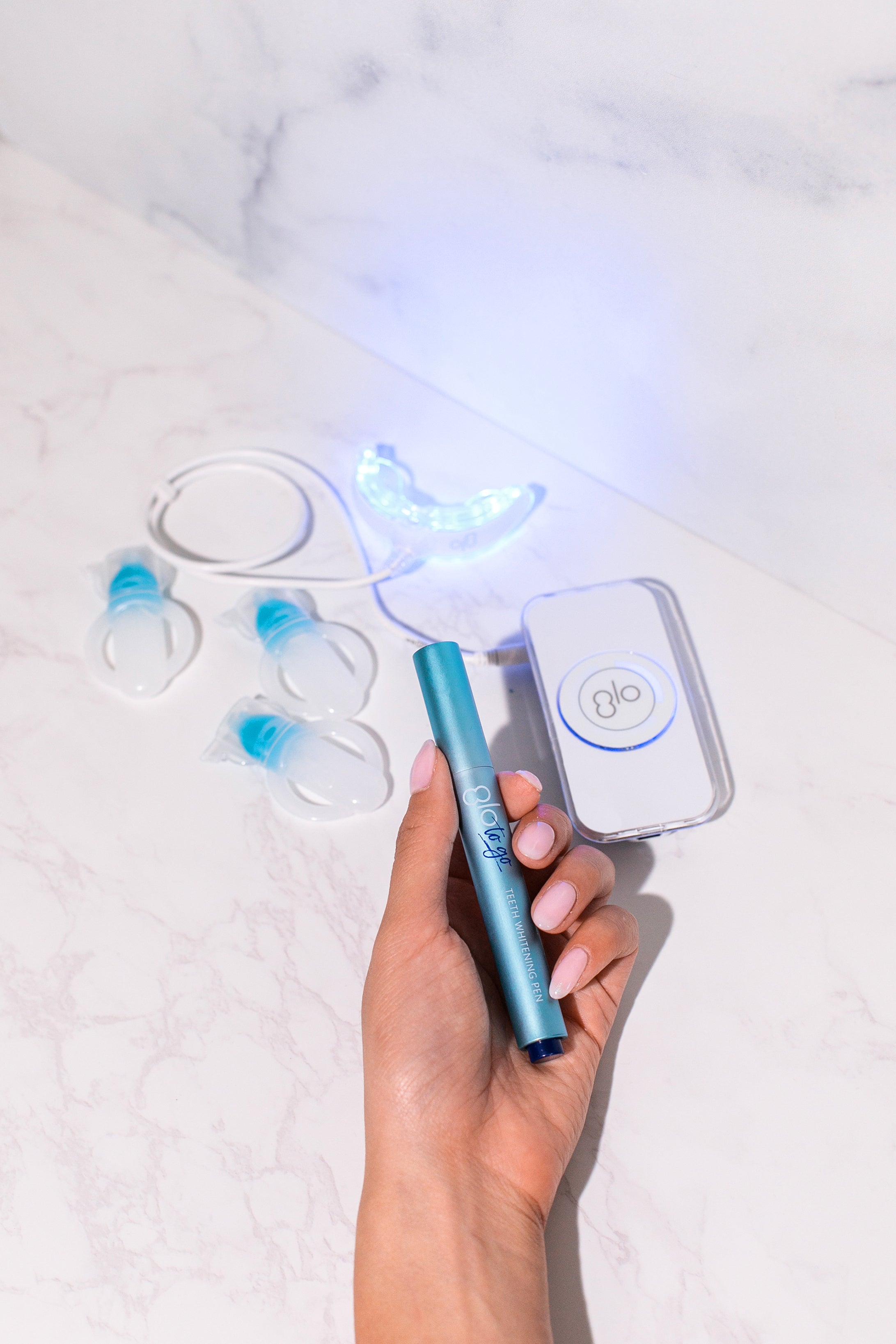Self-care has been recognized in recent years as a key contributor to mental health. But what is self-care and why is it important for mental health? The World Health Organization or WHO defines self-care as “the ability… to promote health, prevent disease, maintain health, and to cope with illness and disability with or without the support of a healthcare provider.” In essence, it’s whatever you do for yourself to care for yourself and promote your physical and mental health beyond the doctor’s office.
Self-care has become even more vital since the COVID pandemic began in 2019, as people were forced to remain indoors and observe their health. This pause in normal life set the stage for an exploration of the importance of self-care. As the COVID pandemic brought with it tremendous stress, there was more need than ever before for self-care to aid in stress reduction. Self-care is important as it fights stress which helps in disease reduction, enhances immune response, improves mental health and mood, and boosts confidence.








